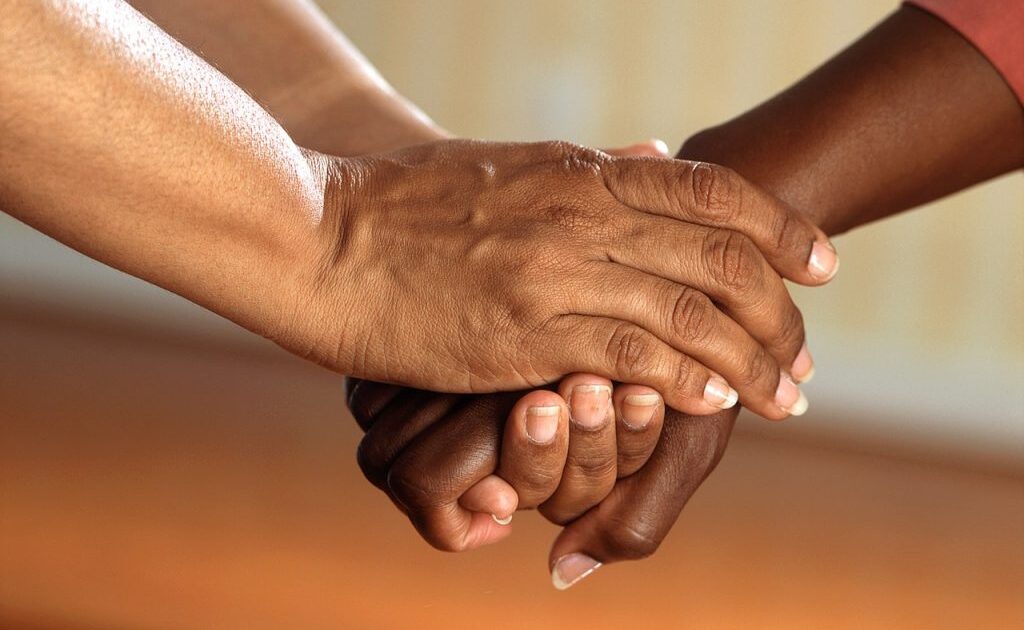5 Ways You Can Help a Family Member Addicted to Drugs

Without a doubt, drug addiction is a killer. When someone you love is addicted, it can be absolutely devastating – addiction causes strain on the family, relationships
Those who are addicted to drugs and alcohol often don’t even realize the intensity of this self-inflicted insanity until it has taken much of their lives and their happiness away from them. There is help and answers out there for those who seek them.
It is important to remember that for your loved ones who are suffering, you can influence them but you cannot control what they do. This article will give you the support and advice you need to aid your family members through this difficult time in their life.
Hopefully, these 5 suggestions will help your loved one on the road to recovery.
Educate Yourself
You can’t help fight an enemy you don’t understand. The first step is learning about addiction: the signs, the treatments, the relapse triggers and ensure you talk to your loved ones about drugs and alcohol from an early age. Of course, education is no guarantee of healthy choices, but it can be a powerful tool in preventing drug abuse and finding a way to recovery.
If your loved one goes into treatment, it is a good suggestion to participate in any family programs that are offered. The education and encouragement offered by a drug rehabilitation center can help you support your loved one and take care of your own needs at the same time. You can then continue to be a source of support and accountability post-treatment when drug cravings and triggers heighten the relapse risk. It’s strongly recommended that you put in place a family recovery contract when a loved one returns home from treatment or sober living. If the addict doesn’t live at home, a recovery contract is important with fewer stipulations, but not imperative.
Take Care of Yourself
A critical lesson is the importance of being good to yourself, regardless of where your loved one is in their addiction or recovery. You can’t control another person, but you can make healthy decisions for yourself in order to have any hope of being able to support and encourage your loved one.
For some people, family meetings provide a safe place to get education and fellowship with others who are facing similar struggles, while others prefer seeing a therapist privately.
There’s a lot of pain and grief involved when you love someone with a substance abuse problem. Your other family members and friends may not process things in the same way as you and may have their own ideas about how to handle the situation.
Handle the situation in the way that is right for you. Don’t let others influence the way you are managing the situation.
Talk About It
Talking about the problem can be healing both for the person trying to overcome addiction as well as their loved ones. A person with a drug problem may be reluctant to come to you and ask for help, but if you can tolerate the lies and manipulation, an open dialogue is your best chance to be there for them when they need you most.
For loved ones trying to take care of themselves, nothing is more toxic to your healing than shame. Many people struggle with addiction in their family but are too ashamed to talk about it.
Bottling everything up will lead to stress and frustration. This will inevitably, eventually bubble over and you will take it out on people who don’t deserve it or worse still, you will take it out on the addict you are trying to help, potentially causing a relapse.
Reserve Judgment
Drug addiction is a chronic and progressive disease, which is also characterized by the possibility of relapse, being what it is there is no cure for drug addiction – although it can be controlled. So in the event that a drug addict does relapse and returns to using drugs again, be accepting of this basic reality. It is a possibility, not a rarity that means the drug addict is hopeless, but also not a requirement of recovery.
If relapse does occur, being proactive is vital to getting the individual back to treatment. The reason being that the disease of addiction is progressive, meaning it continues to get worse and the addict will typically pick up where they left off, which puts them at a greater risk than ever of overdose and/or death.
Approaching the individual, being understanding and support will show them that you are a trustworthy person to interact with.
The Can’t Do’s
First, you cannot make them quit. You can stage an intervention, and you may be successful, but you cannot force someone with a substance abuse problem to quit. Even in states that allow involuntary treatment, you can’t make someone get sober – forced treatment has been shown to be ineffective.
Second, even if a loved one goes to drug rehab, you can’t do the work of recovery for them and you can’t prevent relapse. For many, even those who ultimately maintain their recovery long-term, relapse is a common part of the process. Like other chronic diseases, it’s not unusual for those struggling with addiction to be needing multiple episodes of treatment.
Finally, to avoid enabling, loved ones have to set boundaries and once you’ve laid out your boundaries, allowing them to be violated destroys your credibility and perpetuates your loved one’s addiction. Boundaries can be basic, for example, the person has to be clean and sober if they’re in your home. If the boundary is broken, calmly state, “We talked about this and this doesn’t work for me” or “I love you but I can’t go down this road anymore” and then following through with the consequence. Holding firm to your boundaries may mean disengaging for a period of time, or indefinitely.
Supporting a family member who is suffering from addiction is an incredibly difficult and exhausting task.
If you want to support your loved ones through their addiction, prepare for challenges, find support groups, and learn about addiction and recovery from books, articles, and public events in your community.


